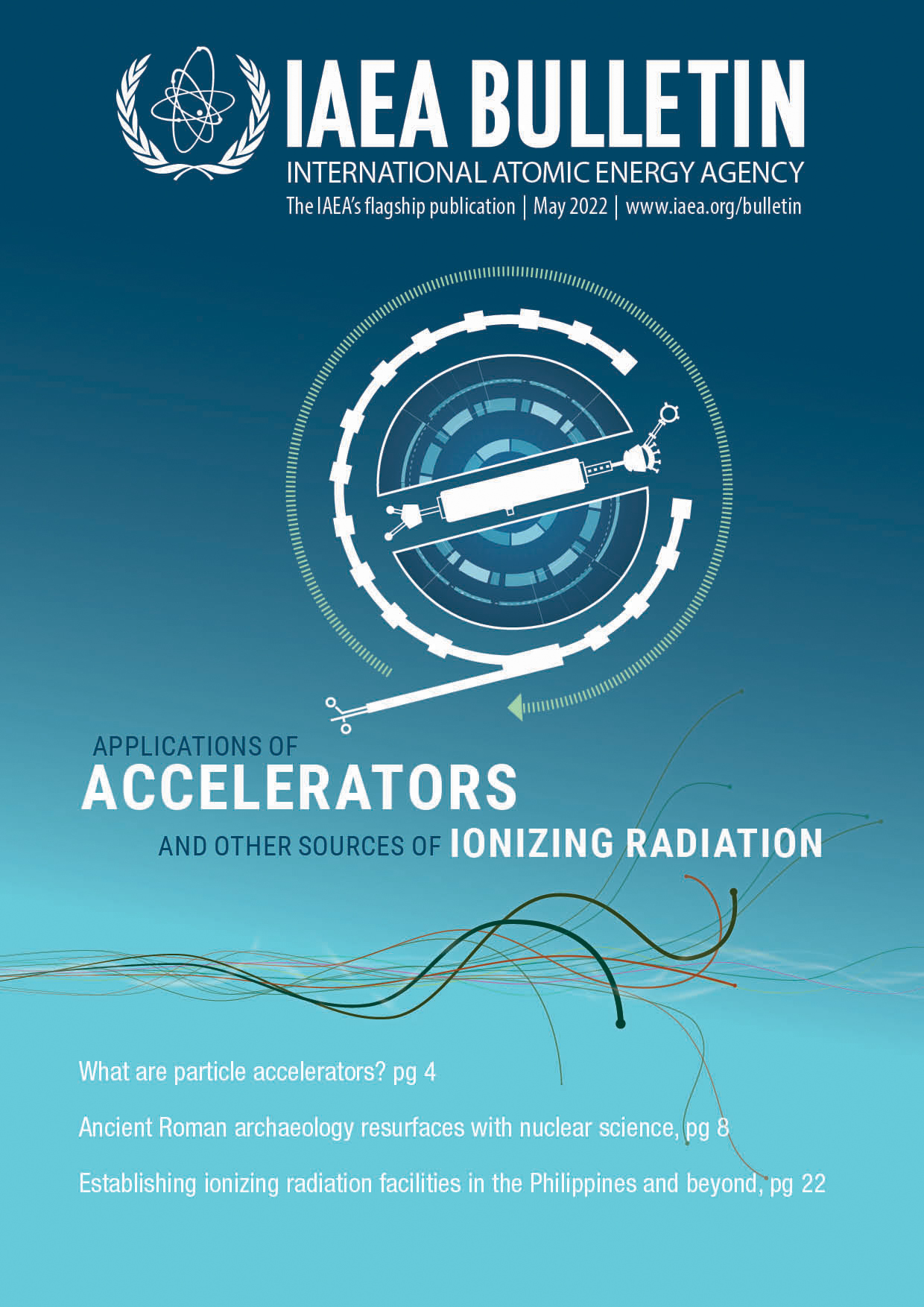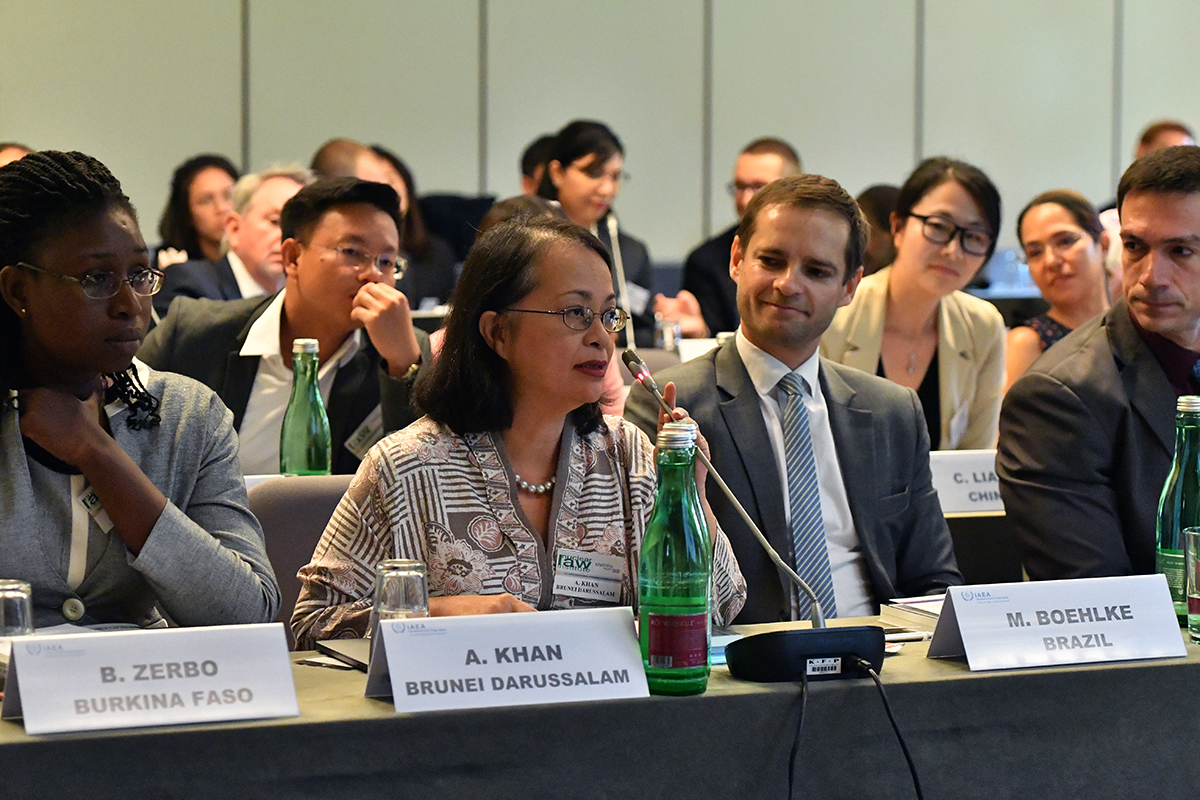Over the years, national governments have sought assistance to establish or strengthen their national legal frameworks for nuclear technology. “Experience shows us that nuclear law-making is not always an easy task,” said Wolfram Tonhauser, Head of the Nuclear and Treaty Law Section at the IAEA. “The three broad technical areas — safety, security, and safeguards — all need to be addressed in an adequate and comprehensive manner.”
Additionally, national nuclear law must comply with the constitutional and institutional requirements of each country’s legal system, while pursuing the greatest possible degree of harmonization and consistency among the legislative frameworks of other countries in the
nuclear field.
Importantly, policy and decision makers need to recognize the special character of nuclear technology and its applications, not least since it can entail political, sensitive and strategic matters, as well as security risks of national, international and regional concern. In addition, lawmakers need to appreciate the cross-sectoral dimension of nuclear technologies and related facilities and activities, since they can be encountered in multiple sectors and areas, such as health, energy, industry, transport, water, food and agriculture.
As such, law-making gives rise to the need for comprehensive assessments of various existing relevant policies, laws, and regulatory frameworks and arrangements. Often, major or complex changes are needed to existing policies which implicate significant cross-agency regulatory issues. For many legislative drafters, nuclear is a highly specialized, complex and technical field, and this often leads to technical terminology and definitions being used in national legislation.
To address these and other challenges, the IAEA’s legislative assistance programme supports national authorities. It is implemented within the IAEA’s technical cooperation programme to create awareness of and build capacity in nuclear law, so safety and security standards are developed, including those for ionizing radiation facilities and their licensing, regulations, and inspections.
The IAEA’s multi-faceted support includes meeting with decision makers, policymakers, senior officials and legislators such as parliamentarians; conducting national, sub-regional and regional workshops for a broad range of officials; and reviewing drafts and enacted nuclear legislation. The programme further builds capacity through training sessions, such as at the Nuclear Law Institute — the annual two-week nuclear law training programme focused on legislative drafting organized by the IAEA. Over the past decade alone, more than 500 officials have been trained at the Nuclear Law Institute and over 200 bilateral legislative drafting activities have been conducted, while 53 national workshops and 18 regional and sub-regional workshops have been held.
More recently, webinars on nuclear law have furthered nuclear law dialogue with Member States. During the past ten years, more than ten countries in Asia and the Pacific, ten in Europe and over twenty in Africa have adopted new or revised legislation with IAEA drafting assistance. Brunei Darussalam and the Philippines, with their newly installed cyclotrons, and Jordan, with its accelerators, are just some examples of countries benefiting from this assistance. Finally, the IAEA’s Handbooks on Nuclear Law, particularly the Handbook on Nuclear Law: Implementing Legislation remain the go-to publications in this field.

